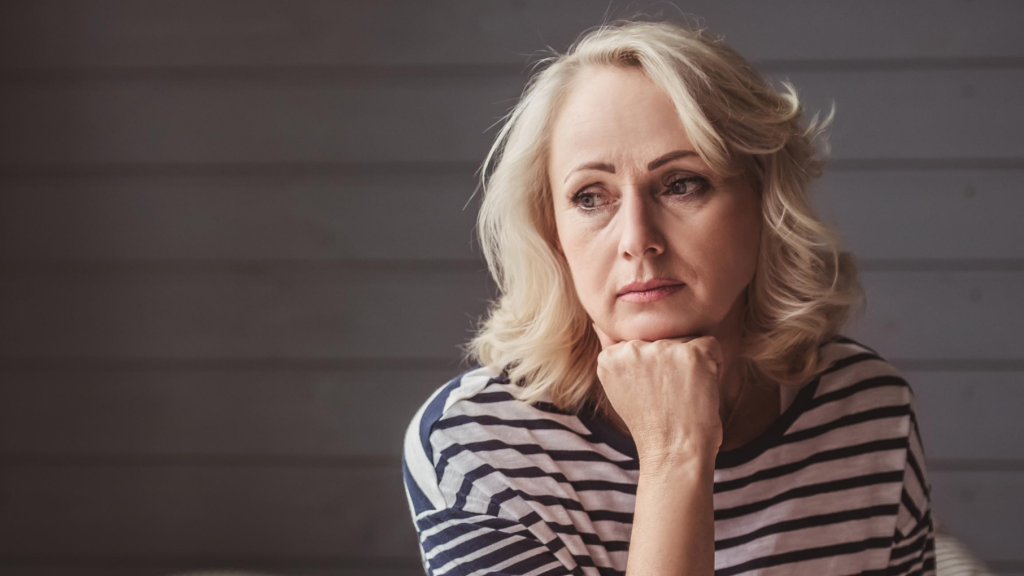
Are you feeling lonely and anxious about your cancer with COVID 19?
Support Line Blog
The impact of COVID 19
Dealing with a cancer diagnosis in normal times can have a huge impact on you. It’s common and understandable to experience emotions such as shock, sadness, anger, fear, worry and loneliness. There’s no right or wrong way to feel - we all cope and express our feelings differently. COVID 19 has added another layer of stress and complexity to these emotions, whatever stage of the cancer journey you’re at.
We hear on the Support line the impact COVID 19 has had: People attending appointments alone and worried, getting bad news from your medical team, families worried because they don’t fully understand what’s happening, people worried about their everyday interactions with their family members, such as giving their partner a hug. It has also had an impact on people’s hopes and plans – maybe missing a family event or holiday they were looking forward to.
Learning to live with COVID
We are all now realising that COVID 19 is a longer term issue and we will have to learn to live with this disease for the foreseeable future and try to manage the impact it has on us. With this in mind, we have to:
- Adapt our plans and hopes
- Change how we interact with other people
- Find out how to access supports to help us cope
It is worth thinking about what’s really important to you. It could be spending time or sharing an experience with a loved one. Try to work out what opportunities you have to spend time together and how you can manage it. This could be visiting your loved one through the window or using technology to be at a special family event or even just to watch the same movie together while on a video call. Everyone has different ways of expressing themselves and has different dynamics with their family and friends. If you’re finding things tough, it is ok to acknowledge and express this.
Getting support
At our annual patient conference ‘Living well with and beyond cancer’ we addressed the impact of COVID 19. You may find recordings of the different sessions helpful.
Cancer support groups have adapted and are offering remote services such as counselling by telephone and by video call to help support patients and their families. Many have classes to help with stress and anxiety, such as meditation or mindfulness sessions. Getting involved with a group also gives the opportunity to talk with someone who is dealing with or has dealt with a cancer diagnosis.
Our Support Line has also enhanced their services to offer counselling and psychologist support, through our ‘Together for cancer concern’ network. We may also be able to put you in touch with a trained volunteer through our peer support programme who has been through a cancer diagnosis and who really knows what you’re going through. Our online community is another great resource where you can get in touch with other people affected by cancer including carers and family members or ask a question to a cancer nurse. Although no one could ever really understand what you are going through, it can be helpful to talk with someone who has had a similar experience.
If you would like to share your experiences or tell us what has helped you cope, please leave a comment below. As always, our Support Line is available by phone or email if you would like to speak in confidence with a cancer nurse about your situation or if you would like any information support or advice.

